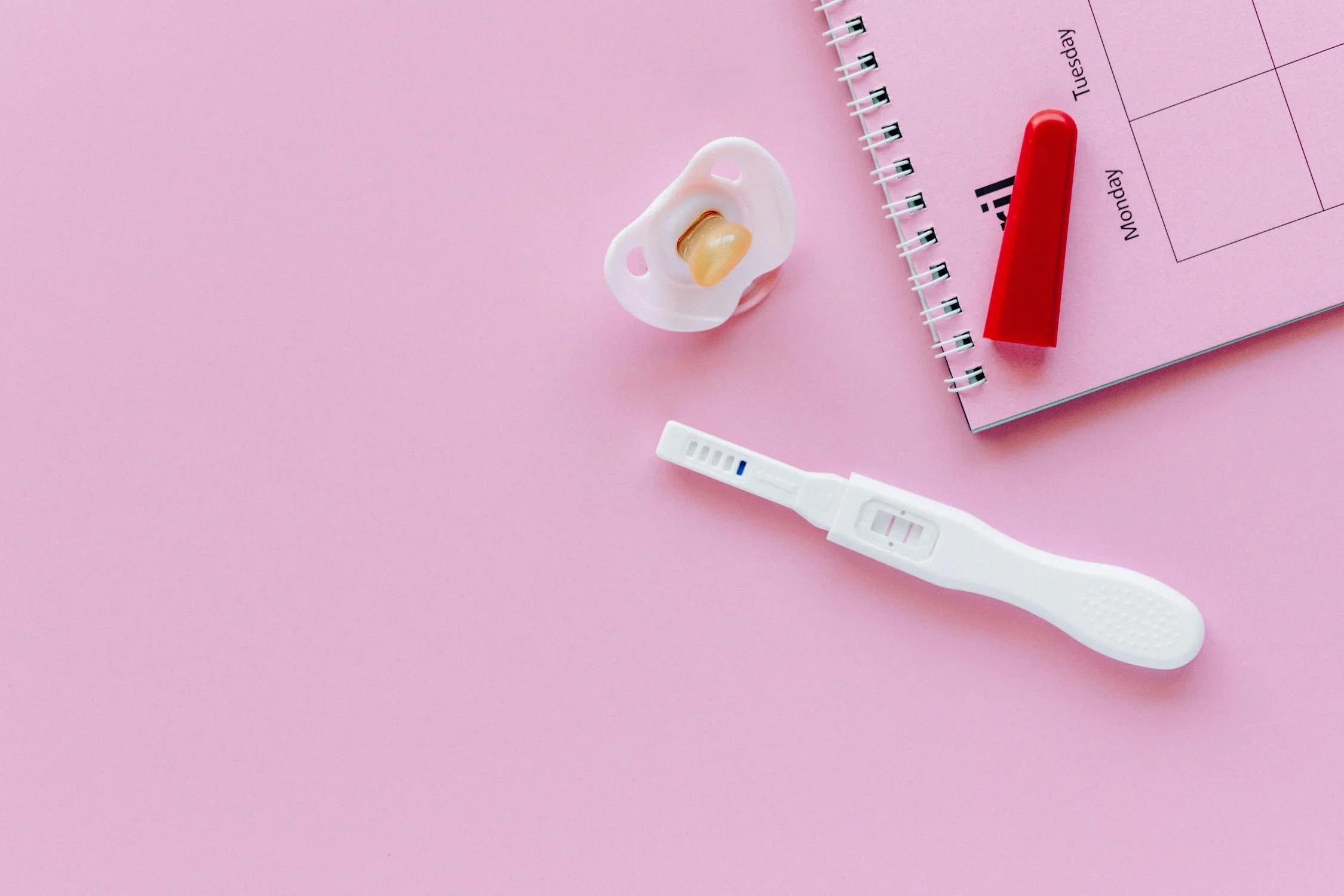Accueil
Pregnancy, Breastfeeding, and Pumping: The Ultimate Guide for Moms
When Is It Too Early to Test for Pregnancy: Key Insights and Tips

When Is It Too Early to Test for Pregnancy: Key Insights and Tips
Deciding when to take a pregnancy test can be both exciting and nerve-wracking. Many people wonder, when is it too early to test for pregnancy? The answer depends on several factors, including the type of test used, the timing of ovulation, and the sensitivity of the test. Testing too early can lead to false negatives, which can be disappointing and confusing. This article will explore the science behind pregnancy testing, the best time to test, and tips for accurate results.
Understanding How Pregnancy Tests Work
Pregnancy tests detect the presence of human chorionic gonadotropin (hCG), a hormone produced by the placenta after a fertilized egg attaches to the uterine lining. hCG levels rise rapidly in early pregnancy, doubling approximately every 48 to 72 hours. Most home pregnancy tests are designed to detect hCG in urine, while blood tests conducted by healthcare providers can measure hCG levels more precisely.
When Is It Too Early to Test for Pregnancy?
The timing of a pregnancy test is crucial for accurate results. Testing too early, before hCG levels are detectable, can result in a false negative. Here are some key considerations:
- Ovulation and Implantation: Ovulation typically occurs around day 14 of a 28-day menstrual cycle. After fertilization, the egg takes about 6 to 12 days to implant in the uterus. hCG production begins after implantation, so testing before this process is complete is unlikely to yield accurate results.
- Test Sensitivity: Different pregnancy tests have varying levels of sensitivity to hCG. Some tests can detect hCG levels as low as 10 mIU/mL, while others require higher concentrations. Checking the sensitivity of the test can help determine the best time to use it.
- Missed Period: The most reliable time to take a pregnancy test is after a missed period. By this time, hCG levels are usually high enough to be detected by most home tests.
Factors That Can Affect Test Accuracy
Several factors can influence the accuracy of a pregnancy test, including:
- Testing Too Early: As mentioned, testing before hCG levels are detectable can result in a false negative.
- Improper Test Usage: Not following the instructions on the test package, such as using diluted urine or reading the results too early or too late, can lead to inaccurate results.
- Medical Conditions: Certain medical conditions, such as ovarian cysts or recent miscarriages, can affect hCG levels and produce false positives or negatives.
- Medications: Fertility treatments or medications containing hCG can interfere with test results.
Tips for Accurate Pregnancy Testing
To maximize the accuracy of a pregnancy test, consider the following tips:
- Wait for the Right Time: Avoid testing too early. Wait until after a missed period or at least 7 to 12 days after ovulation for the most reliable results.
- Use First-Morning Urine: hCG levels are typically highest in the first-morning urine, making it the best time to test.
- Follow Instructions Carefully: Read and follow the test instructions meticulously to ensure proper usage.
- Confirm with a Healthcare Provider: If you receive a positive result, consult a healthcare provider for confirmation and further guidance.
Emotional Considerations of Early Testing
Testing for pregnancy can be an emotional experience, especially when trying to conceive. The anticipation and uncertainty can lead to stress and anxiety. It's important to approach testing with realistic expectations and to be prepared for any outcome. If you receive a negative result but still suspect you might be pregnant, consider waiting a few days and testing again.
When to Seek Medical Advice
If you experience symptoms of pregnancy but receive negative test results, or if you have concerns about your fertility, it may be time to seek medical advice. A healthcare provider can conduct blood tests, ultrasounds, or other evaluations to provide more definitive answers.
Understanding when is it too early to test for pregnancy can help you avoid unnecessary stress and disappointment. By waiting for the right time, using the test correctly, and considering the factors that influence accuracy, you can increase your chances of obtaining reliable results. Whether you're hoping for a positive or negative outcome, being informed and prepared is the best approach to navigating this important milestone.
Partager
